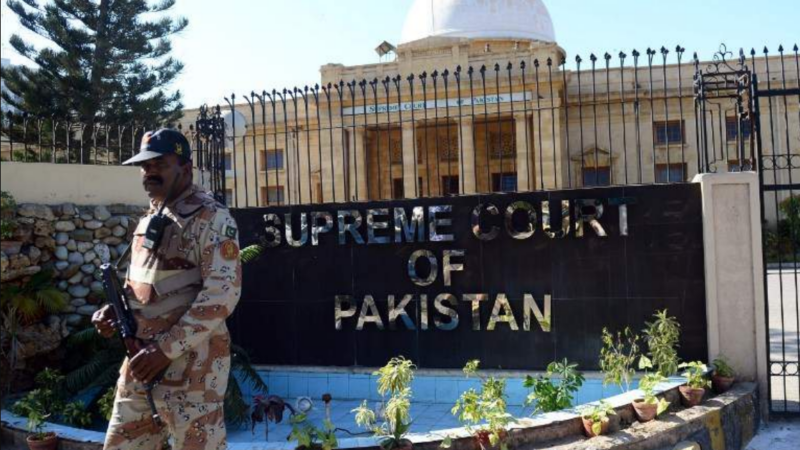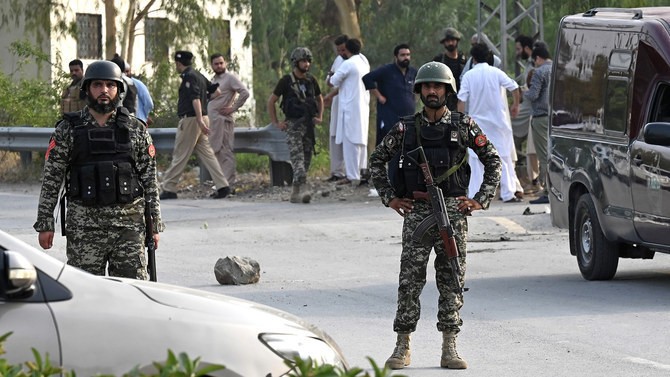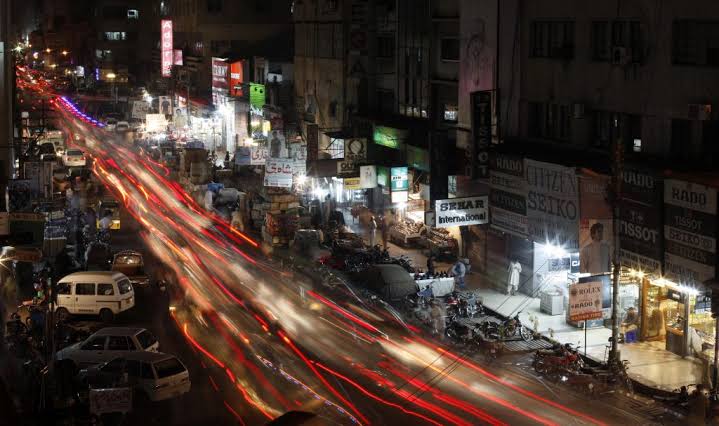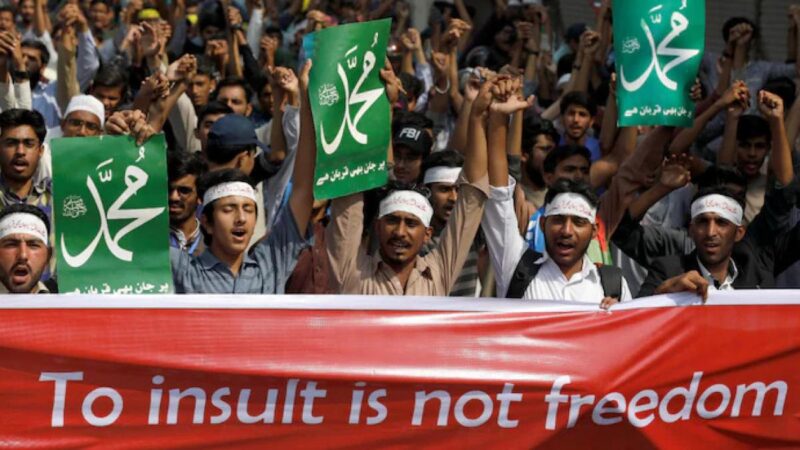Angry Baloch feel like living in Pak colony

There is tremendous enthusiasm among the military and civilian leadership in tackling terrorism but when it comes to finding an answer to the people suffering decades of inhuman treatment and state cruelty, there is a deadly silence, a silence of complicity. The Baloch are one such ethnic minority who have been suppressed since Independence for raising their voice against state apathy towards Pakistan’s biggest and resourceful province which is their home. They have been abducted, tortured, killed, marginalised and bombed in several military operations for decades now.
It is not surprising that when a fact-finding mission from the Pakistan Human Rights Commission decided to make a field study of the plight of Baloch people, they heard people, across the society, calling themselves as a ` colony` of Pakistan. Anger ran through the community as the increased military presence interfered in their daily lives. People spoke about missing men, especially young ones, including women. Bodies dumped in landfills or floating in ponds and rivers, an increasing number of Baloch falling victim to the state repression.
This overpowering feeling among the people has been recorded by Pakistan Human Rights Commission during a high-profile mission conducted late last year. The commission made its report public early this month.
The report pointed out that there was a palpable sense of anger among ordinary citizens, “many of whom went so far as to refer to Balochistan as a ‘colony’ of the state.“ The anger and frustration was caused by the overwhelming presence of Frontier Corps and military across the province and the unending saga of forced disappearances for decades. The corps is headed by a serving Major General of Pakistan Army.
Given the persistent local anger and protest over forced disappearances in the recent past, the security forces have changed their tactics–instead of making people `disappear` forever, several of them are detained in secret prisons for a few months or few years before being released. Such releases are followed in quick succession by another round of forced disappearances. This pattern helped the security forces to counter public allegations but without relenting on adding to the sense of fear among the people. This was a new way to keep the dissent in check.
The threat of forced disappearances is felt strongly among Baloch university students. Students are picked up by security agencies and kept in prison without any charges for months and years before being released. Such disappearances cause deep fear among the university students in the province. Similar fear follows Baloch students in universities in Punjab and other provinces where they are forced to undergo racial profiling and harassment at the hands of authorities. There have been brutal attacks on them in Punjab recently, instigated by security forces.
According to Baloch activists, last year over 500 Baloch persons, including students, were abducted by security forces of which 40 to 50 bodies were later found dumped in different parts of the province.
The unease and fear is perpetuated by the presence of armed personnel across cities like Gwadar and Turbat. There are checkposts at every major road and crossing where people, including women, are roughly frisked, questioned and often intimidated. The purpose of these check posts was to create a climate of fear and control. This control is visible among the media where journalists are often victims of targeted attacks. The security forces come down heavily on journalists crossing the redline, newspaper supplies are disrupted and press clubs are forcibly shut down. Journalists are told to follow the ISPR press statements and not to report the events, especially about attacks and military operations, independently.
Last year, during a conference in Lahore, Jamaat-i-Islami leader Maulana Hidayatur Rehman Baloch, founder of Gwadar’s Haq Do Tehreek, said Balochistan was always treated as a colony, not a province. “The army is always deployed there to keep a hold on it, there are checkposts at every step, we are asked for identification in our hometowns, while those asking us belong to Punjab or KP,” he was quoted by the English daily, Dawn. The religious preacher has been in prison since January this year for spearheading a movement demanding justice for the province, a common fate of every Baloch.






